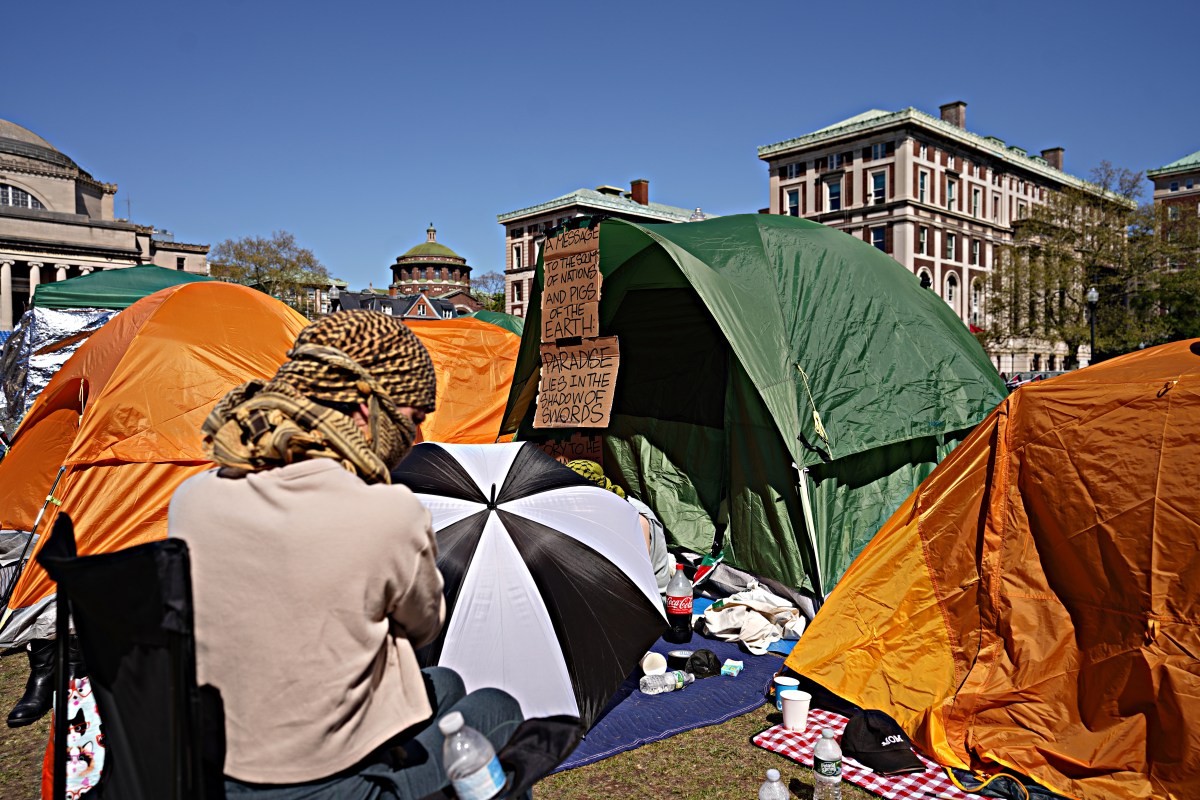 Ethan Hawke and Julie Delpy once again reprise their roles as lovers Jesse and Celine in “Before Midnight”
Ethan Hawke and Julie Delpy once again reprise their roles as lovers Jesse and Celine in “Before Midnight”
Credit: Sony Pictures Classics
‘Before Midnight’
Director: Richard Linklater
Stars: Julie Delpy, Ethan Hawke
Rating: R
5 (out of 5) Globes
Every seven years, filmmaker Michael Apted logs another entry in his “Up” documentary series, which has caught up with the same group of people since they were seven years old. The passing of time is seen in horrifying action, as dreams go up in smoke, relationships begin and die, youth decays into lumpy middle age. (“56 Up” came out earlier this year.) Provided he keeps at it, director Richard Linklater appears to be doing the same thing, only with fictional — but, in a sense, no less real — characters. In 1995’s “Before Sunrise,” Gen-X twentysomethings Celine and Jesse (Julie Delpy and Ethan Hawke) met cute on the Eurorail, talked while strolling Vienna and engaged in hot outdoor sex (twice). They didn’t reconnect until 2004’s “Before Sunset.” The new “Before Midnight” reveals they stayed together since then, not marrying but still popping out twins. Toss in Jesse’s son from a marriage that ended apparently quite terribly, and the two have plenty to worry about — and little time to talk.
As fitting a film about early middle age, “Midnight” breaks from tradition, chiefly by keeping our leads surrounded by others for longer than expected. On a trip in symbolically bankrupt (but beautiful) Greece, they spend the first half hanging with others. Celine and Jesse only get alone time via an awkwardly scheduled “date night.” Where “Sunset” saw them trying to relive the glories of “Sunrise”’s to-them-historic night, “Midnight” finds them weary, burdened by all the anxieties, resentments and various pieces of baggage accrued by two people who’ve spent years, not just a night or two, together. They’ve had plenty of time to see past the idealism, to dwell on the things that bug them, or at least bury aggressions down deep, to emerge at the worst/best moment.
It would be cruel to say exactly where this goes, but one predictable development is how the series has aged and transformed as deeply as the “Up” series. Like those, it’s become a portrait of the apathetic nature of time and how it runs roughshod over hopes and dreams. No longer able to idealize each other from afar, our once-doe-eyed lovers are confronted with the very real possibility that their affections were misplaced, combined with a fear of realizing this mistake in early middle age. As Jesse wearily clutches on to remaining sparks, Celine relentlessly points out the cracks he’s ignoring, their row becoming a trial that pits delusional romanticism against cold rationality. (Delpy has never been more hilariously caustic, which is saying something.)Our protagonists openly cite Roberto Rossellini’s “Voyage to Italy,” also about a couple bickering while on vacation. Hopefully it’s not sacrilege to confess this is the more accomplished, more devastating, more knowing look at a couple on the verge of termination but, perhaps tragically, unable to stay apart.















